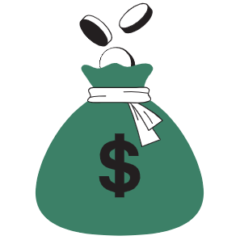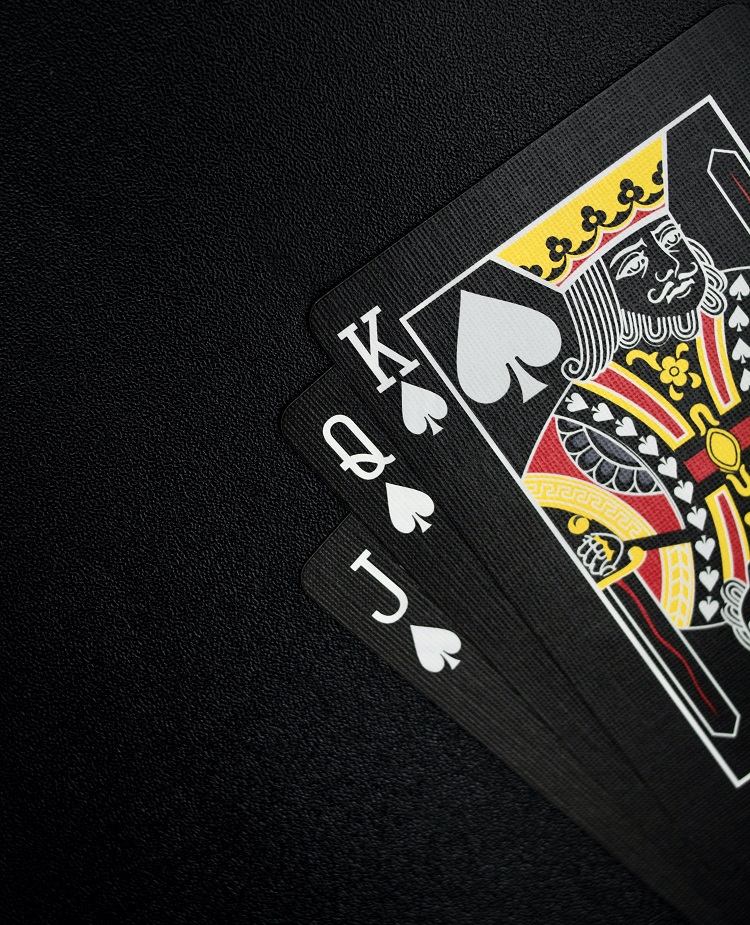Google was busy relishing its unrelenting grip on the search business and along comes ChatGPT, a supposed Google-killer that helped lop several hundred billion dollars off its market value. Whether ChatGPT does any lasting damage to the core of Google’s business is to be seen but the stock market thinks there will be some damage.
And this revaluation, which gets instantly reflected in a stock’s price, is all about changes in expected future profits. The stock market thinks that Google’s long-range profits are going to decline.
The market is not always right but it is more right than wrong. Predicting changes in future profits is hard.
But long-range profits are all that count. If profits do not come, a business ceases to exist.
But even if the market is not always right, assuming that it is right will save you from the poorhouse. Because who makes up the market? The best and the brightest from around the globe. These folks live and breathe these things. They are constantly on the hunt with super-computers running in the background, to drive out any pricing inefficiencies that exist.
So, if you got some news about a public business that you think only you know, rest assured the world knows. And it is already priced in.
Human beings do go crazy from time to time that cause bubbles, but bubbles eventually burst. The price and the value of a business will converge and that is all that matters for long-term investors like us.
But back to ChatGPT, guess who owns a big chunk of the underlying technology that could damage Google’s core business? Microsoft.
Microsoft will reap some of the profits that would have flowed to Google. And if you owned shares in both Microsoft and Google, you’d get a piece of the action regardless of who wins.
That is competitive disruption. It forms the heart of an efficient capitalist system. The more profitable a business and the lower the barriers to entry to that business, the more competition it is going to invite. Most good businesses have moats around them to defend against competition. The stronger that moat, the greater the profits a business derives and the higher its eventual stock price.
But the moment that moat weakens, the market reprices that business and almost uniquely to the downside.
And gone are the days where you can own a few blue-chip businesses and sleep on them. Change happens so quickly these days that one moment you have a business and the next moment it is gone. Even for businesses that you thought you could own for life.
Take Procter & Gamble (P&G) for example. What can change with toothpaste and detergent but then P&G must meet their customers through a retailer.
That is where Costco Wholesale comes in. They own the distribution. Without distribution, Procter & Gamble can’t sell nothing.
And Costco knows how profitable some of P&G’s brands are.
So, what do they do? They make a near-perfect copy of that brand and sell it under their own Kirkland Signature label at a cheap enough price point and poof go P&G’s profits.
The underlying demand is still there. Who gets to fulfill that demand changed. That is again, capitalism at its best.
And if you really want to know how risky individual stocks can get, let me take you back to the good ol’ days of 1999. Nasdaq was on fire. Anything Dot-com was an instant hit.
The stock of the day was Cisco Systems. And Yahoo. And AOL. And InfoSpace. And Inktomi. And Sun Microsystems. And Lucent, Qualcomm, Juniper Networks, Global Crossing, Nortel, WorldCom, JDS Uniphase, Palm, BlackBerry and on and on. If you did not own any of these, you were a loser.
Where are they now? Many don’t exist. Those that do, their stock prices have yet to recover 25 years later. All that while, the world stock markets continue to climb, delivering that expected equity risk premium that we rely on to meet our many life goals.
That equity risk premium does not come for free. You’ll have to live through stomach-churning volatility from time to time. People call that risk but that’s not true risk. That is the fee you pay to participate.
But you must own stocks. When you own stocks, you own businesses. And owning businesses is how you fight inflation. You must invite all and every opportunity to own more of those businesses.
But single stock risk is real. Hendrik Bessembinder, a finance professor at Arizona State University’s W. P. Carey School of Business writes that out of the 26,000 businesses that went public between 1926 and 2019…
- Only 42 percent of them created net wealth for their shareholders. The remaining 58 percent (15,000 businesses) destroyed wealth in all their existence.
- Five firms accounted for 12 percent of all the wealth created in the stock market.
- Eighty-three firms (0.3 percent of the total) accounted for 50 percent of all wealth created.
- And 1,000 stocks (4 percent of the total) created all the net wealth above what Treasury bills would have paid you.
Feel lucky yet?
There is of course a difference between owning stocks and renting them. Owning stocks is how you get rich but only if you own them for the long run. You must give time to let capitalism work its magic.
But you don’t own a stock here and a stock there. You own a whole bunch of them, spanning all sectors, sizes and continents.
Thank you for your time.
Cover image credit – Raka Miftah, Pexels

